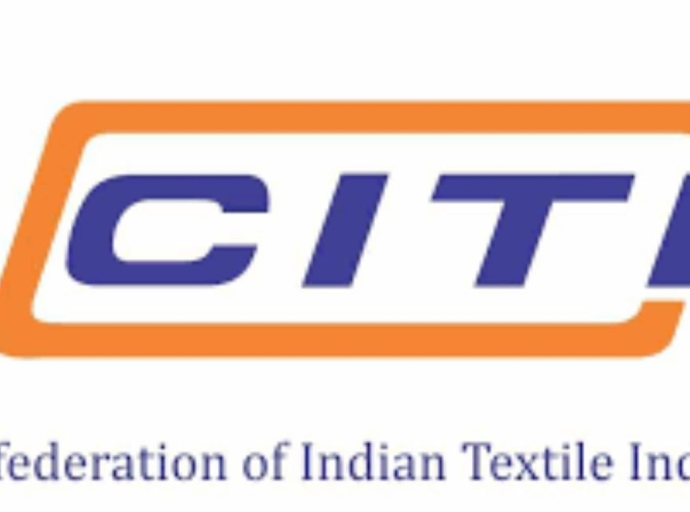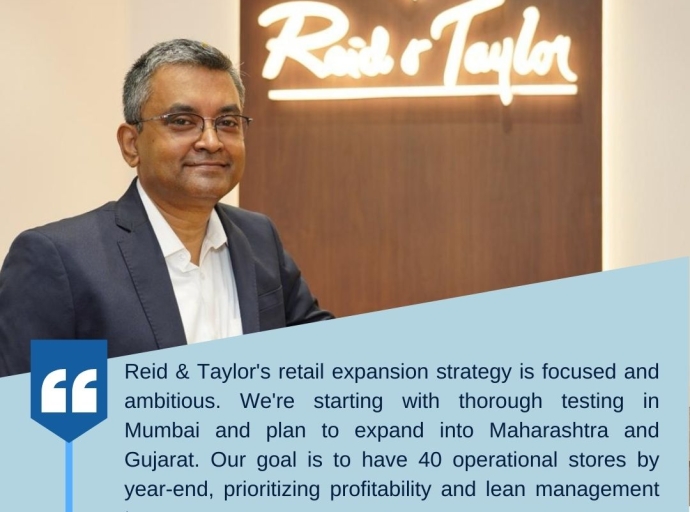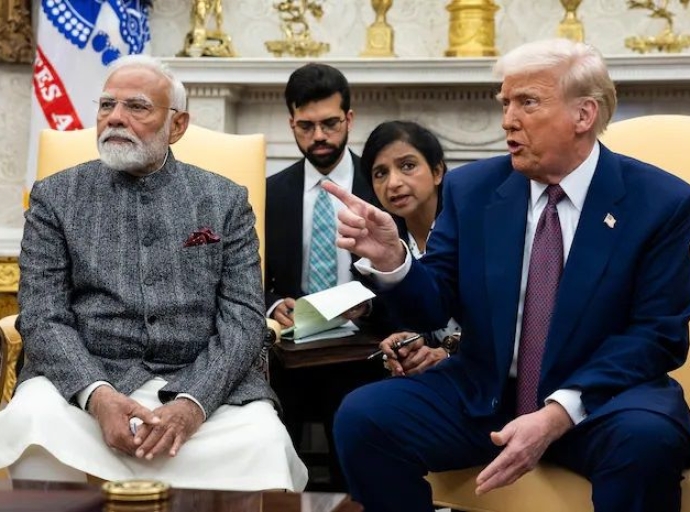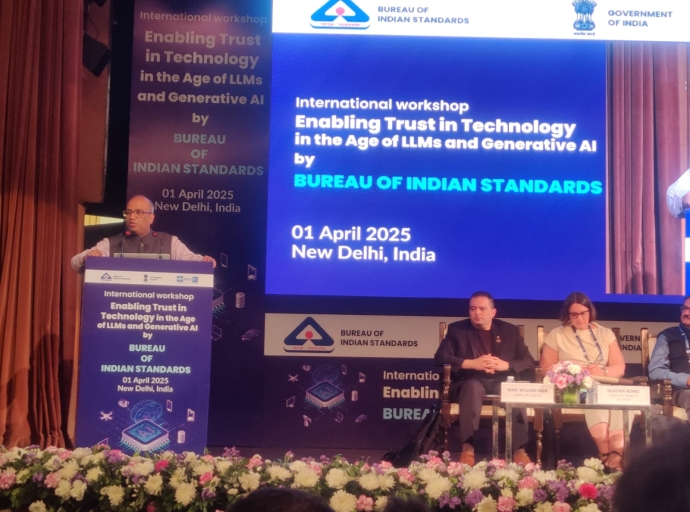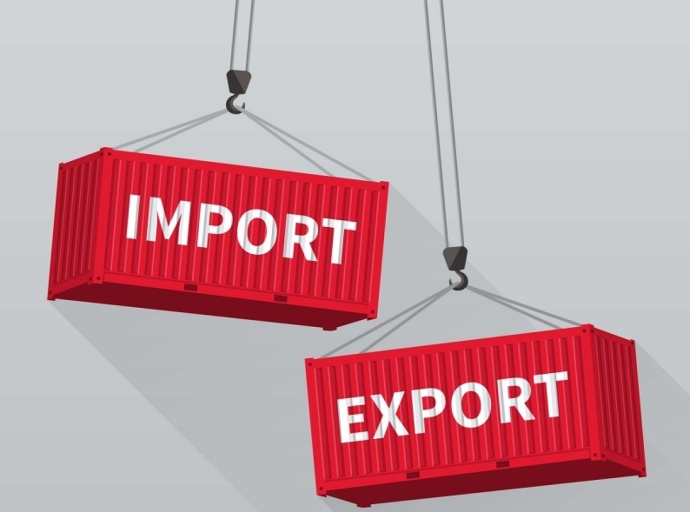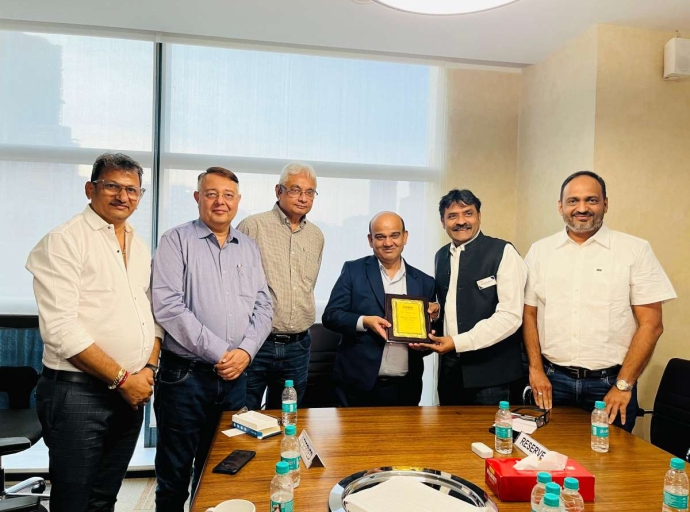20 January 2025, Mumbai
The 80th edition of CMAI’s National Garment Fair (NGF) 2025, dedicated to showcasing the latest Spring-Summer collections, kicked off today at the Bombay Exhibition Centre in Mumbai. The event, which runs from January 15 to 17, was inaugurated by Ram Chandra Agarwal, Chairman & Managing Director of V2 Retail Ltd., a leading value retailer known for its rapid expansion in the industry. With over 150 stores across 112 cities and more than 10 lakh square feet of retail space, V2 Retail exemplifies the dynamic growth within the Indian retail sector.
Fashion Guru
This year’s NGF is spread across an impressive 7 lakh square feet of exhibition space, hosting over 1220 apparel brands and 1120 stalls. The fair showcases the latest Spring-Summer collections across men’s, women’s, and kids' wear, making it a major hub for fashion and retail.
With such a vast display of trends, the event serves as a prime platform for B2B connections, offering unparalleled opportunities for industry players to collaborate, expand their reach, and contribute to the growth of India’s domestic retail market.
Acknowledged as the largest biannual trade fair in India’s apparel sector, NGF has consistently set benchmarks by blending creativity, innovation, and sustainability. The 80th edition cements NGF’s legacy as a powerful sourcing destination, facilitating networking while empowering brands and retailers to shape the future of Indian fashion.
Join our group
Industry leaders discuss growth and innovation
The key figures from the Clothing Manufacturers Association of India (CMAI) were present, including Santosh Katariya, President; Ankur Gadia, Vice President; and Naveen Sainani, Hon General Secretary.
In his address, Santosh Katariya highlighted the importance of NGF in fostering the growth of the Indian apparel sector, noting that despite ongoing challenges, the resilience of manufacturers and the strength of the domestic retail market instilled confidence for the year ahead.
The 80th National Garment Fair was graced by Shri Sanjay Savkare, Hon’ble Minister of Textiles, Government of Maharashtra, on the 2nd Day of the Fair, to encourage the Apparel Industry and assures policy and financial assistance support. Hon’ble Minister further added that “Maharashtra has its own budget for the textile sector, and we are still in the process of planning it. We are awaiting additional supplementary demands, and new demands are also expected to arise in the future. A majority of these demands pertain to subsidies for the corporate and private sectors. We are also focusing on generating employment in regions like North Maharashtra, where suicide rates are high. To support this, we have provided additional incentives and subsidies in the energy sector, aiming to create jobs and set up factories in these areas,”
Visit for more
“We are stepping into 2025 with optimism. NGF has been a vital platform for the Indian apparel industry, showcasing the latest trends and innovations and driving significant growth. It is an essential space for building relationships and strengthening the sector,” Katariya said.
Ram Chandra Agarwal, Chairman & Managing Director of V2 Retail Ltd., emphasized, "NGF is a unique platform with immense potential for garment manufacturers to reach $1 billion in turnover. It's a prime opportunity for exhibitors to build valuable B2B connections, drive business growth, and expand their reach to retailers across India. Trade fairs like NGF play a crucial role in shaping the future of the Indian apparel industry by fostering collaboration and innovation."
Join our community
Focus on consumer trends and sustainable fashion
The evolving consumer landscape was another focal point of discussion at the fair. Rahul Mehta, Chief Mentor of CMAI, pointed out the increasing demand for sustainable fashion. He observed that consumers today are more discerning, seeking stylish and eco-friendly options.
The show highlights a notable shift in the market toward innovative, sustainable designs that cater to these demands.
“As we move into the Spring-Summer season, the industry is tackling inventory challenges from the End-of-Season Sale, but the demand for the latest styles remains strong. Meeting consumer expectations for sustainable fashion will be a key factor for success this season,” said Mehta.
NGF 2025 continues to serve as a significant platform in the Indian apparel industry, fostering collaboration and innovation across the supply chain. As the market grows, with the apparel industry valued at INR 5.4 lakh crore, events like NGF play a pivotal role in shaping its future.
The fair brings together manufacturers, retailers, and designers, offering ample opportunities for networking and business development.



